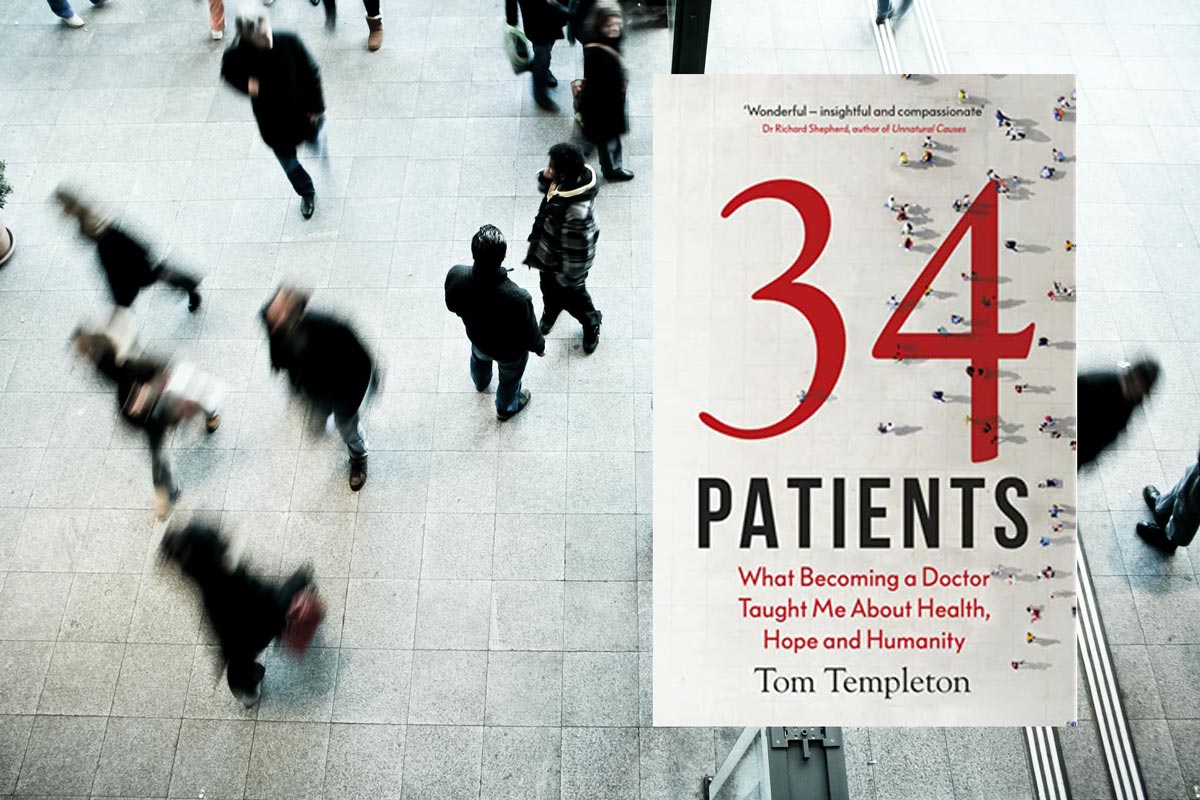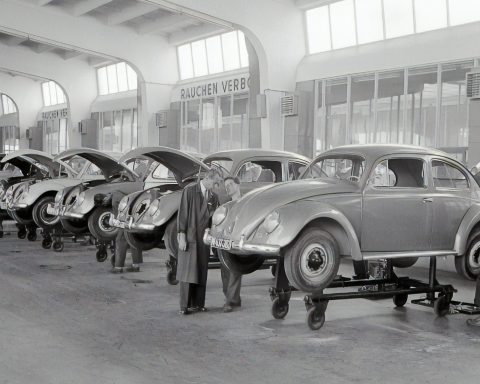
I am a GP. I am a researcher. I am a mother. I am a military wife. This translates into: I get professional satisfaction from both clinical and academic work; I wear a different hat on each day of my week; I move around the country with my family and start a new life at least every two years; I have the needs of others to consider above my own. Reflecting on the type of person that tends to end up as a GP, I do not think my situation is unique. I’d imagine that a fair few of my colleagues can relate to the fact that most days, I feel like a walking, talking pie chart, cut up into colour-coded segments. Some days those colours resemble a vibrant rainbow, other days they are varying shades of grey.
I feel like a walking, talking pie chart, cut up into colour-coded segments. Some days those colours resemble a vibrant rainbow, other days they are varying shades of grey.
Hull et al. recently undertook a study comparing two methods of measuring continuity of care in general practice. In their introduction, they suggest that longitudinal continuity ‘is frequently reported as one of the core factors that makes the work of a GP rewarding’.1 Though I read an inordinate amount about continuity of care given that my current PhD focusses on this very subject, rarely do I encounter references made to job satisfaction. Are we so lost in the political drive to provide access, that we have been neglecting how to make the work satisfying for GPs, which would undoubtedly also provide better patient experience?
A recent BJGP editorial by Euan Lawson states that the fixation of politicians on access rather than continuity is a major barrier to facilitating relationship-based care. The briefing’s title, ‘all talk and no continuity action’, reminds me of the bruise on so many of our foreheads from banging them against a brick wall about continuity for so long. (2) We know continuity is valuable (for the most part), so why can’t we find a functional way to make it a priority?
Lawson also refers to the stigma that GPs face when they work ‘part-time’, i.e., when they do not work 10 clinical sessions per week. His suggestion that this is a ‘rational response in an overheated system’ is so refreshing and counteracts the stigma that I have always felt for not being a continuous presence in my surgery due to other professional interests.2 Is the tension between needing to offset the burnout of a high number of GP sessions with other things reducing clinicians’ drive to promote continuity? And can we really blame part-time, portfolio career GPs for the disintegration of continuity within the current primary care system, when in our complex and intelligent society, surely contingencies can be put in place to mitigate for such workforce factors?
…can we really blame part-time, portfolio career GPs for the disintegration of continuity within the current primary care system, when in our complex and intelligent society, surely contingencies can be put in place to mitigate for such workforce factors?
Earlier this week, my house was quiet for a change. My husband is currently deployed so unfortunately there were no sounds of dinner being prepared as I came downstairs having settled my young children to sleep. I set the dishwasher whirring and shared a brief Whatsapp exchange with an experienced GP, who has been a valuable mentor since my GP training years. I could still feel the adrenaline from my hectic ‘duty doctor’ day of being pulled in so many directions. I expressed frustration about the challenges I face working clinically only one day each week during my PhD studies. A possible response: “I think continuity is going down the drain anyway with the models of work”. Have GPs given up? Has the brick wall finally overwhelmed us?
A key lesson I have learned since becoming a mother is that nothing stays the same for long. Things change. Primary care is unrecognisable now from the ‘good old days’ of the familiar family doctor. We often use the word ‘fragmented’ to describe our current primary care system. I too, feel fragmented, in my division of time and energy. Surely, we need to confront this reality and redefine continuity to make general practice great again?
References
- Hull S, Williams C, Schofield P, Boomla K, Ashworth M. Measuring continuity of care in general practice: a comparison of two methods using routinely collected data. British Journal of General Practice 2022; 72 (724): e773-e779. DOI: https://doi.org/10.3399/BJGP.2022.0043
- Lawson E. All talk and no continuity action: Editor’s Briefing. British Journal of General Practice 2022; 72 (724): 507. DOI: https://doi.org/10.3399/bjgp22X720929








